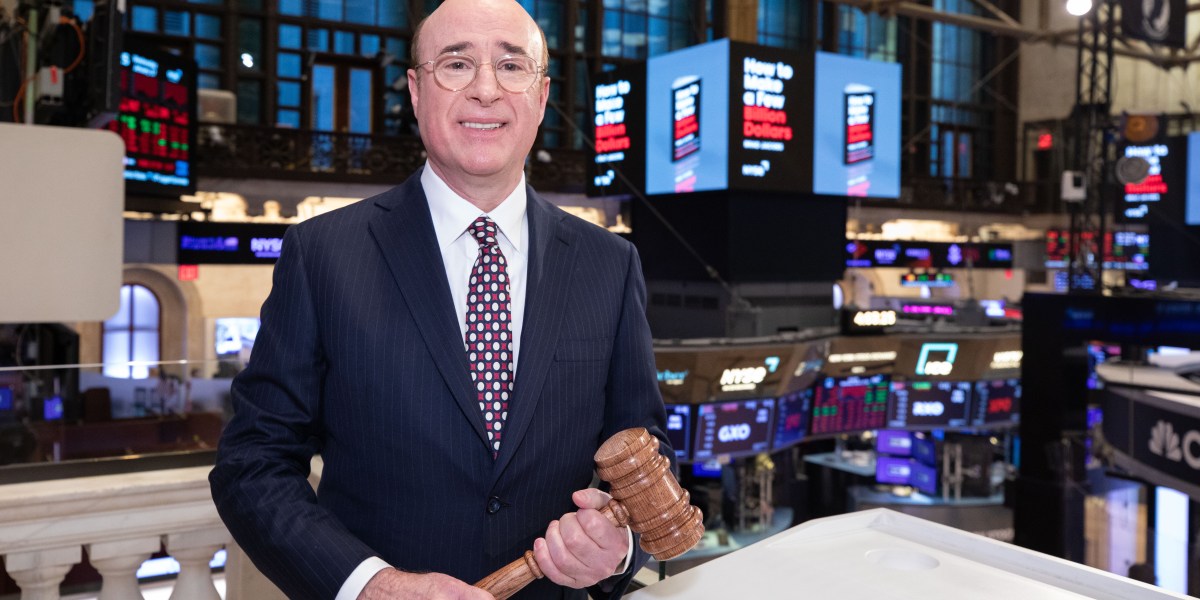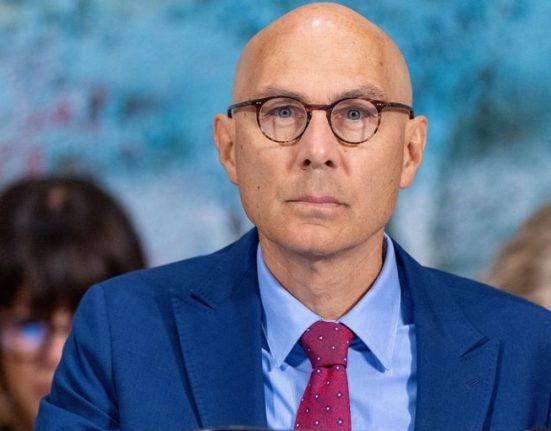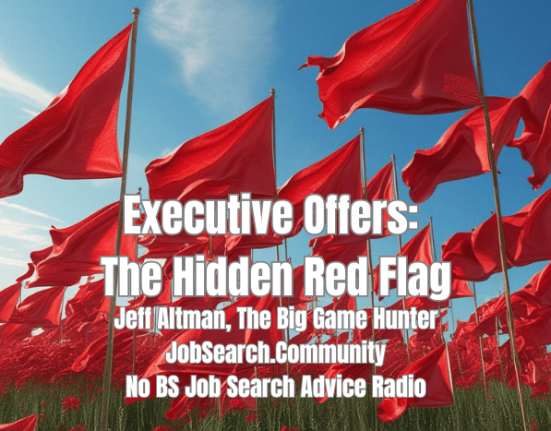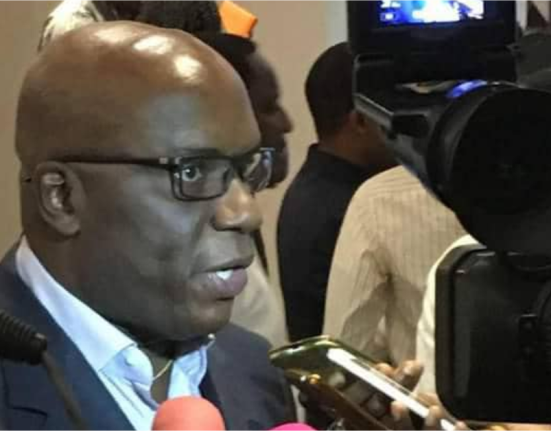
Good morning. Quarterly earnings reports are a headache. There’s the hassle of getting the 10-Q together, updating financial data that may or may not be indicative of a company’s long-term potential or financial health. Analysts pepper you with questions; shareholders react. No wonder so many CEOs prefer to stay private.
President Trump wants to do away with quarterly reports, arguing in a Truth Social post yesterday that doing so will “save money and allow managers to focus on properly running their companies.” The Securities and Exchange Commission, which has required quarterly filings for public companies since 1970, is reportedly “prioritizing” the proposal.
But what do CEOs think? I’ve heard many complain over the years but when pressed, most appreciate the discipline and transparency that come with quarterly filings. As one CEO put it to me yesterday: “It imposes an internal rigor and accountability, too.”
For QXO chairman and CEO Brad Jacobs, who has taken several companies public, it’s part of the package. As he told me earlier this year, before stepping up to ring the bell of the New York Stock Exchange for the ninth time, the 10-Q reinforces the credibility and transparency that comes with being public. “You get a report card every 90 days,” he told me. “You have thousands of people voting with their wallet of how they think you’re doing … and every day you get tons of people giving you advice about how to improve the business.”
That said, Trump may be right to do away with one aspect of quarterly reports: the pressure to give guidance. As my colleague Geoff Colvin noted earlier this year when companies were foregoing guidance amid tariff chaos, “profits are unpredictable all the time, not just amid extraordinary uncertainty.”
Warren Buffett has never given guidance for Berkshire Hathaway, nor have the leaders of Amazon. That hasn’t stopped either from delivering outstanding earnings over the years. Companies like GM, Starbucks and UnitedHealth Group paused guidance amid recent uncertainty. But still, none of them complained about having to file a 10-Q.
Do earnings encourage short-term thinking? Maybe, for short-sighted leaders and investors. But private companies often carry a risk premium because they don’t have to disclose to the same extent as their public brethren. With greater access to capital comes great responsibility to tell shareholders what you are doing with their money.
Contact CEO Daily via Diane Brady at diane.brady@fortune.com
Top news
The Fortune Future 50
Since 2017, BCG and Fortune have teamed up to screen the world’s biggest companies for their innate fitness to grow—a measurable, manageable trait we call “corporate vitality.” Our screen sweeps in more than 3,000 companies, including more than 150 privately held, venture-backed startups. See the Fortune Future 50 ranking for 2025 here.
Trump to sue NYT for $15 billion
President Trump said he would bring a $15 billion defamation lawsuit against the New York Times today. He did not cite specifics. “The New York Times has been allowed to freely lie, smear, and defame me for far too long, and that stops, NOW!”, the president wrote on Truth Social.
Lisa Cook can stay at the Fed, appeals court rules
The Fed governor can keep her job as the central banker’s monetary policy committee meets this week to consider an interest rate cut. Watch for a potential appeal to the U.S. Supreme Court by the White House. Most analysts expect a 0.25% cut to be delivered on Wednesday. Context: Trump loyalist Stephen Miran joins the board today as a governor.
TikTok sale will go ahead
The sale of TikTok will go ahead, Treasury Secretary Scott Bessent said. He gave no details but said a framework was in place. A deadline banning the app in the U.S. hits on Wednesday.
Trump preparing executive orders against Kirk critics
The White House is preparing a series of executive orders to punish critics of slain conservative activist Charlie Kirk. The measures could include “reviewing the tax-exempt status of left-leaning nonprofit groups and targeting them with anticorruption laws,” the WSJ reports.
Alphabet hits $3 trillion market value
Alphabet earned a $3 trillion market valuation for the first time on Monday, driven by its investments in artificial intelligence and a favorable antitrust ruling that lets it keep key assets like the Chrome browser and Android operating system. It now joins Apple, Microsoft, and Nvidia as one of just four companies with valuations above the $3 trillion mark.
Users are picking different AI models for work and personal use
New studies from leading AI companies Anthropic and OpenAI found that a majority of ChatGPT users turn to the platform for non-work-related messages while most users of Claude, Anthropic’s flagship AI tool, use the platform for work-related productivity. ChatGPT is specifically tapped by most users for writing, guidance, and information-seeking while Claude is more frequently picked for coding, research, and business automation.
Poland on alert over new drone intrusion
Polish authorities arrested two Belarusian citizens for allegedly flying a drone near its parliament buildings. Context: Poland is on edge after Russia flew military drones into its territory, and that of Romania, in what appears to be a test of NATO’s readiness to respond to any attempt by Russia to draw more European countries into the war in Ukraine.
The markets
S&P 500 futures were up 0.21% this morning. The index closed up 0.47% in its last trading session. STOXX Europe 600 was down 0.12% in early trading. The U.K.’s FTSE 100 was flat in early trading. Japan’s Nikkei 225 was up 0.3%. China’s CSI 300 was down 0.21%. The South Korea KOSPI was up 1.24%. India’s Nifty 50 was up 0.35% before the end of the session. Bitcoin rose to $115.7K.
Around the watercooler
Once richer than Peter Thiel, Pop Mart’s Wang Ning sees $6 billion vanish with Labubu hype by Eva Roytburg
Top analyst who once feared ‘the end of capitalism’ rips French and British boomers for sabotaging Gen Z futures by Nick Lichtenberg
AI will spark ‘violent task churn’ in the economy, but even optimists may be underestimating the productivity boom, JPMorgan says by Jason Ma
OpenAI board chair doubles down on CEO Sam Altman’s belief we’re in an AI bubble: ‘A lot of people will lose a lot of money’ by Sasha Rogelberg
CEO Daily is compiled and edited by Joey Abrams and Jim Edwards.









Leave feedback about this